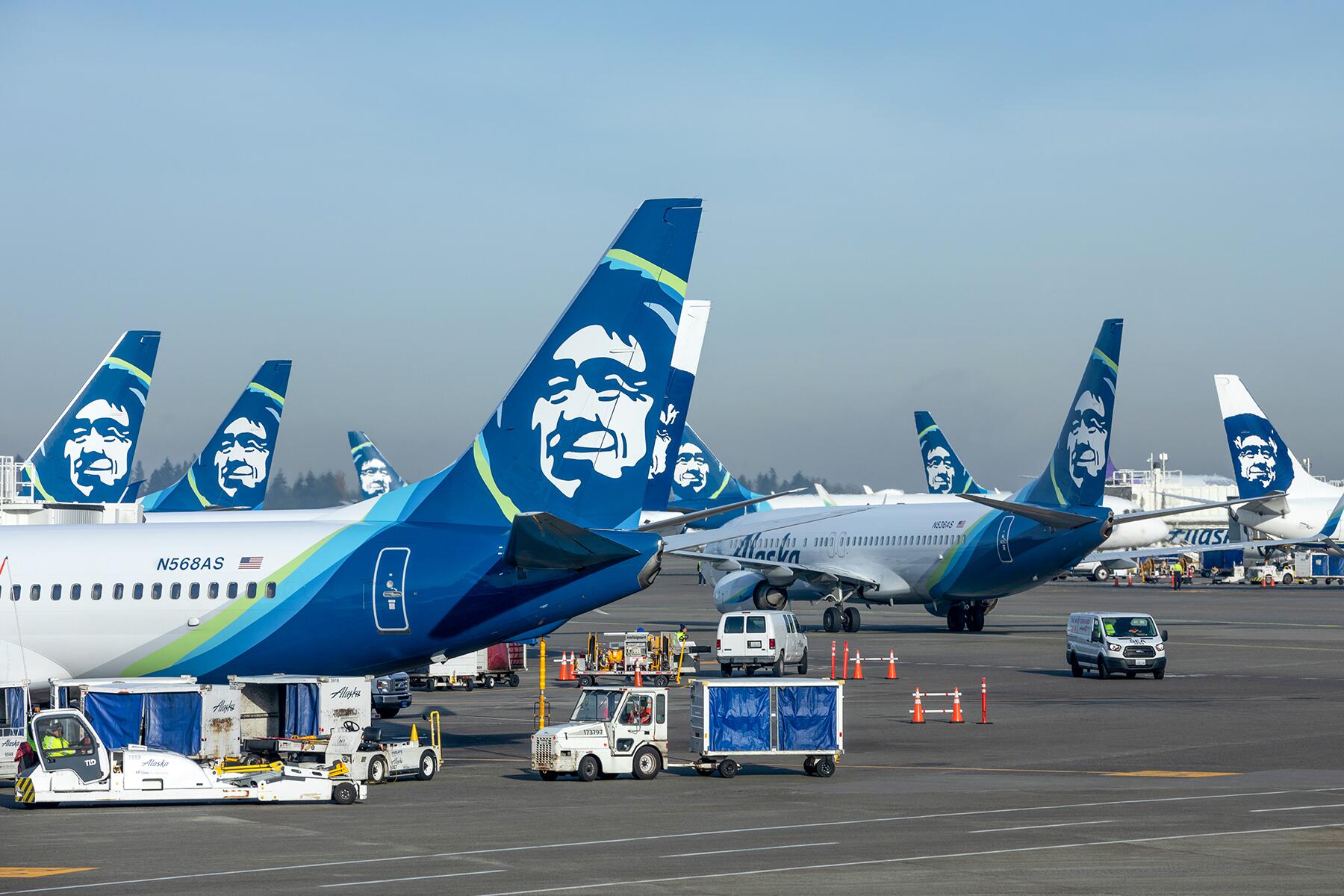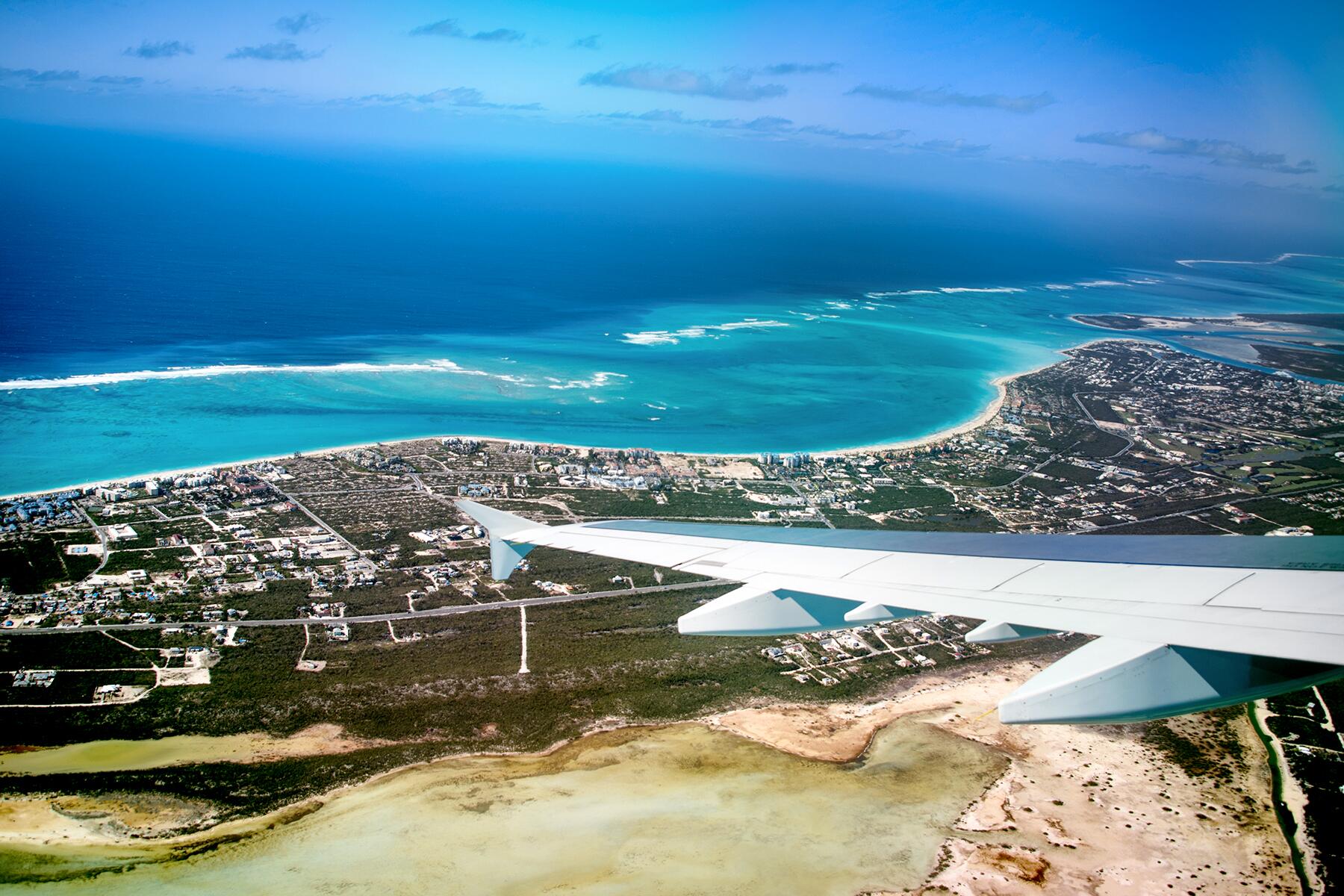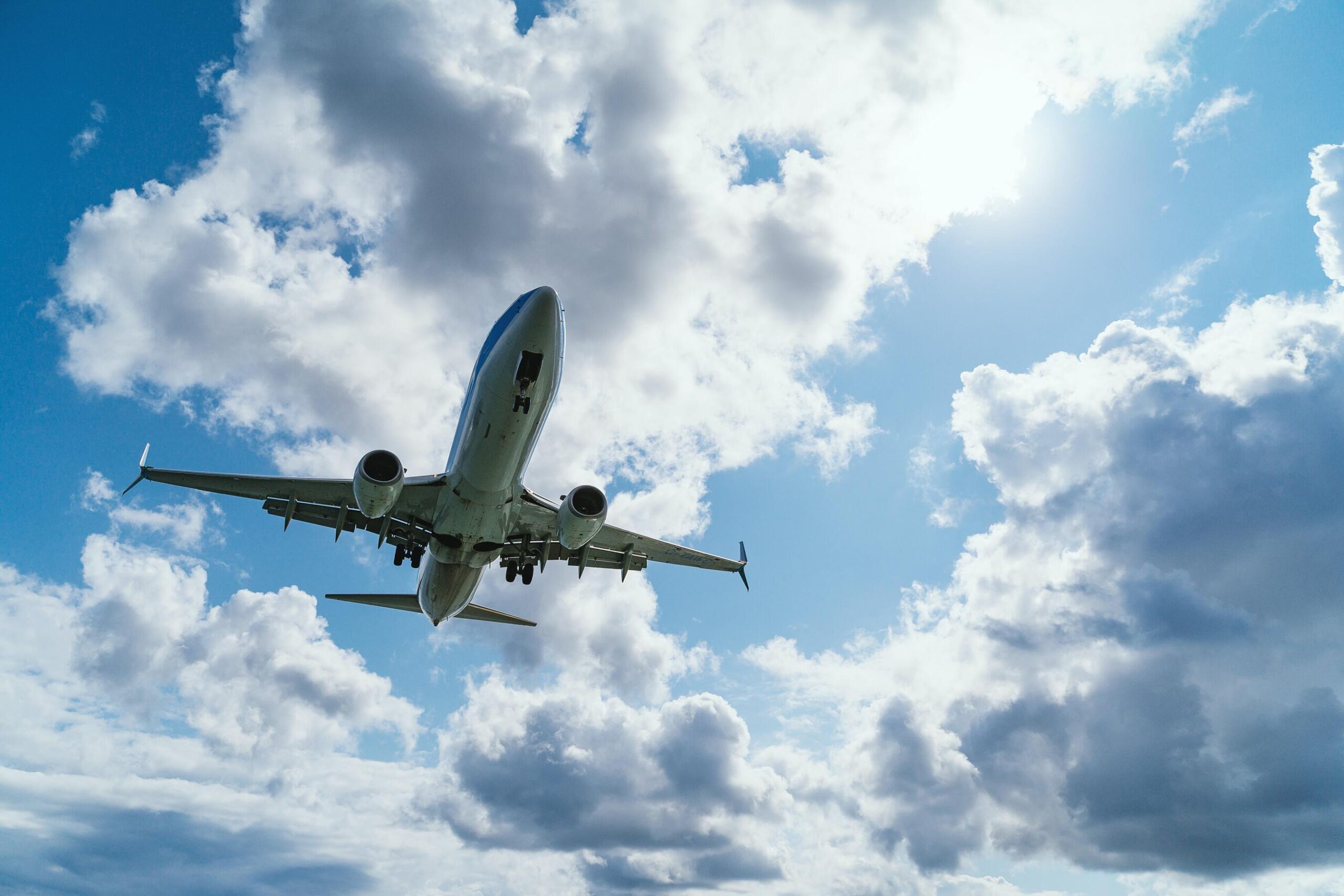A 5G upgrade deadline is coinciding with the July 4th weekend. While many airlines will be ready, at least one might have problems.
Are you currently enjoying 5G technology on your phones and networks? Faster download speeds, better range, and an overall superior user experience? Well, it may be disrupting another part of your life.
U.S. Transportation Secretary Pete Buttigieg said last week that there will be flight delays and interruptions from July 1 for airlines that haven’t upgraded their fleet to handle 5G interference. Around 20% of domestic planes and 35% of international aircraft may encounter disturbances due to 5G, which means that the Fourth of July weekend will be another test for aviation. According to the American Automobile Association (AAA), 4.17 Americans are expected to fly over the Independence Day weekend—a 6.6% increase over 2019.
Earlier this year, the Federal Aviation Administration (FAA) warned airlines that a shortage in Air Traffic Controllers may lead to delays. Consequently, many airlines adjusted their schedules to mitigate the situation. Now Buttigieg has told carriers to avoid unrealistic schedules that may inconvenience passengers depending on how many planes have been retrofitted.
Top Picks for You
Recommended Fodor’s Video
Airlines say that this will have minimal impact on operations. Only aircraft that don’t have equipment to block 5G, those that are landing in low visibility, and those in areas with 5G deployment will be affected.
Last year, too, a wave of chaos was expected when the deployment was planned in January, but only a handful of flights were cancelled.
The 5G Problem
5G technology has been hyped for years now. Verizon and AT&T launched the technology commercially in some cities in 2019, and have been expanding ever since. Telecom companies spent more than $100 billion on upgrades and 5G airwaves. A major rollout began in January 2022, which gave millions of Americans access to faster internet speed–but the rollout had been delayed twice due to the FAA’s safety concerns.
Manufacturers Boeing and Airbus also warned of potential problems in 2021. The C-Band 5G networks (3.7-3.98 GHz range) can disrupt operations of radio altimeters on planes (4.2-4.4 GHz range). They don’t work at the same frequency, but it’s close enough, so wrong readings are possible.
Radio altimeters help with navigation and pilots use them to measure the distance between the plane and the ground. Any interference with these can result in problems landing the aircraft, especially when there’s low or zero visibility and the automatic landing systems are required to land. In December 2021, the FAA banned pilots from using altimeters when landing planes in poor visibility at places where 5G could make them unreliable.
When the launch finally happened, a few international airlines cancelled some of their flights into the U.S. due to the possibility of interference. Air India, Emirates, Japan Airlines, ANA, Lufthansa, and British Airways changed their flights. Voluntarily, telecom companies delayed the switching on of 5G service near airports until July 2022, and then agreed to push off this deployment again until July 1, 2023.
What’s important to note is that not all aircrafts are affected. The FAA and plane manufacturers have been working to understand what planes may be susceptible to interference and aircrafts are being retrofitted to prevent disruption. The cost of these upgrades—borne by the airlines—is more than $638 million according to the International Air Transport Association (IATA).
American, Southwest, and Frontier will meet the deadline. United’s mainline jets will also be retrofitted, as will Delta’s widebody aircrafts, but United’s 190 narrowbody aircrafts out of 900 aren’t ready yet.
Airlines had asked for more time to make adjustments, but Transportation Secretary Pete Buttigieg announced in May that the July 1 deadline won’t be extended for airlines to upgrade their systems. For planes with altimeters that can’t filter out 5G, many operations won’t be allowed, meaning some flights may be delayed or diverted.
IATA said in a statement that many airlines won’t be able to meet this deadline due to supply-chain issues and there will be operational disruptions during the peak summer travel season.
Related: Is Outdated Airline Technology Dangerous or Just Annoying?



